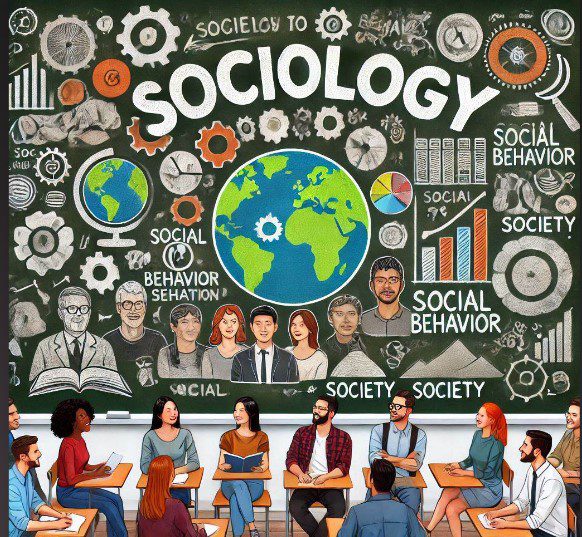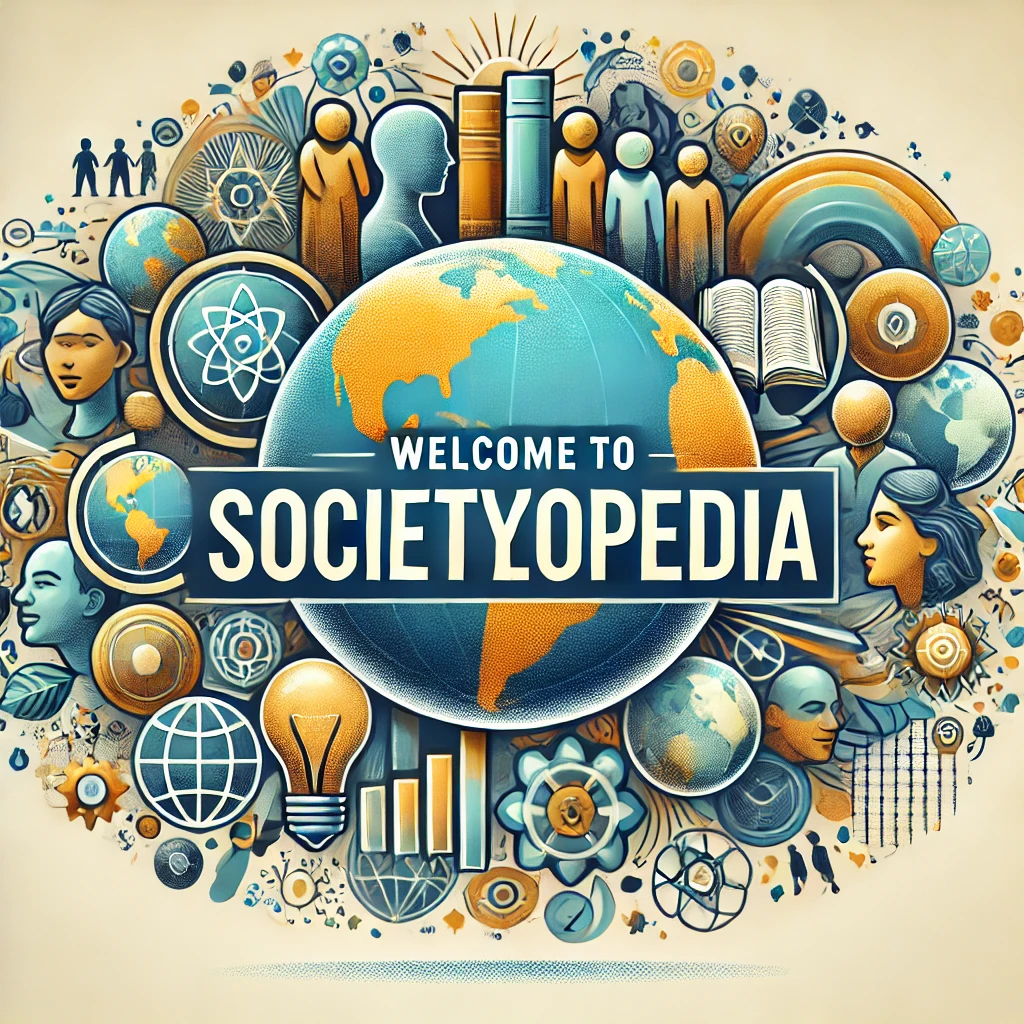The best definition of sociology depends on the context, but a widely accepted and comprehensive definition is:
Sociology is the scientific study of society, human behavior, and social relationships. It seeks to understand how social structures, institutions, and cultures shape individuals’ actions and interactions, and how individuals, in turn, influence these societal elements.
This definition emphasizes sociology’s dual focus: understanding both the larger social systems and individual-level dynamics, while highlighting its scientific and analytical approach.
Definition of Sociology by Different Authors
Here are definitions of sociology by various renowned authors:
- Auguste Comte:
“Sociology is the science of social phenomena subject to natural and invariable laws, the discovery of which is the object of investigation.”
- Comte emphasized sociology as a scientific study of society and its natural laws.
- Émile Durkheim:
“Sociology is the science of social facts. Social facts are ways of acting, thinking, and feeling that are external to the individual and exert control over them.”
- Durkheim focused on societal structures and their influence on individual behavior.
- Max Weber:
“Sociology is a science which attempts the interpretive understanding of social action in order to arrive at a causal explanation of its course and effects.”
- Weber highlighted the role of individual and collective actions in shaping society.
- C. Wright Mills:
“Sociology is the study of the intersection of biography and history within social structures.”
- Mills introduced the concept of the sociological imagination, linking personal experiences to societal structures.
- Herbert Spencer:
“Sociology is the study of social organisms, their structure, and their functions.”
- Spencer used an organic analogy, comparing society to a living organism.
- Talcott Parsons:
“Sociology is the study of the social system, its structures, and processes.”
- Parsons emphasized the functionalist perspective, focusing on the interdependence of social components.
- Karl Marx:
“Sociology is the study of the relationships between classes and the conflicts arising from economic inequalities.”
- Marx viewed sociology through the lens of class struggles and economic systems.
- Anthony Giddens:
“Sociology is the study of human social life, groups, and societies, emphasizing the context of modern industrialized systems.”
- Giddens focused on contemporary societal dynamics and globalization.


